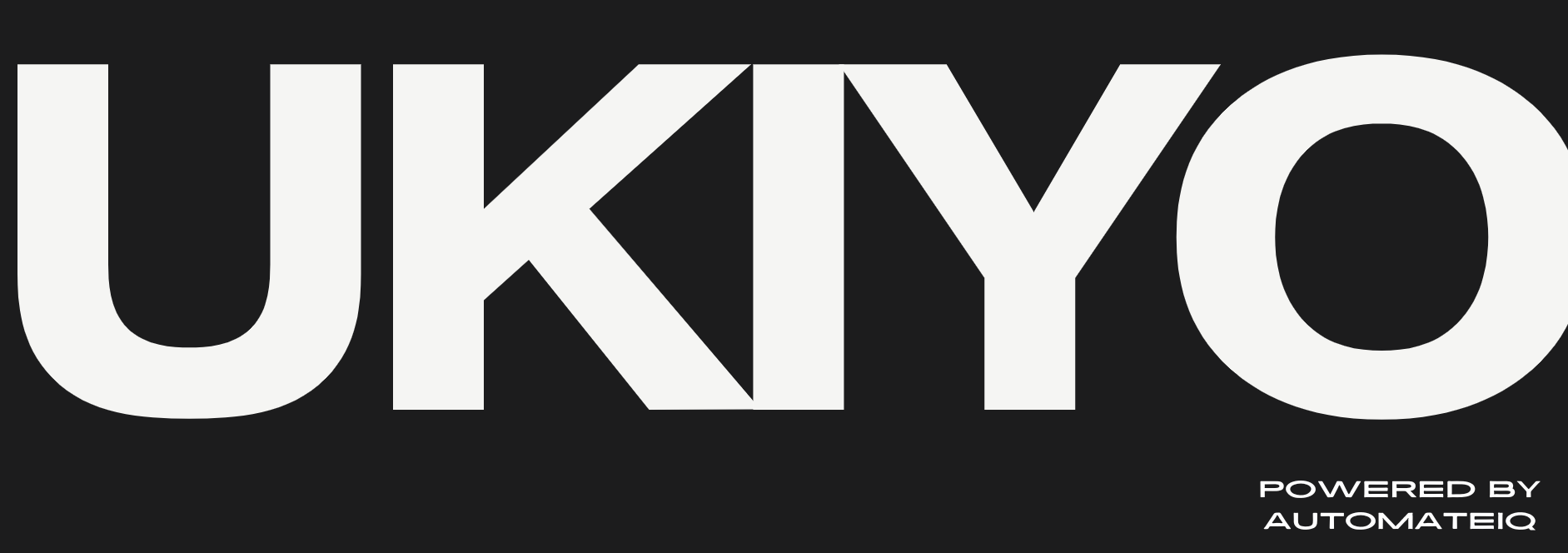AI tools are everywhere.
But not everyone knows how to get the best results from them.
That’s where prompt engineering comes in.
The right prompt can turn a generic output into something polished, client-ready, and worth paying for.
If you’re wondering how to turn this skill into income, here’s how prompt to profit: monetising prompt engineering works in 2025.
The Problem: Skills Without Packaging
Many AI users know how to write good prompts.
Few know how to sell that skill.
They jump from project to project, writing custom prompts for each client.
This creates two problems:
-
No repeatable income.
-
No scalable offers.
The solution? Package prompts into systems and products you can sell again and again.
Step 1: Understand Why Prompts Have Value
A prompt is more than a line of text.
It’s intellectual property.
-
A copywriting agency pays for prompts that create high-converting ad text.
-
A design team pays for prompts that generate consistent Midjourney visuals.
-
A legal firm pays for prompts that summarise long contracts with accuracy.
Each prompt saves time and delivers business value.
That’s what makes them worth money.
Step 2: Turn Prompts Into Sellable Kits
Instead of writing one-off prompts, build collections.
Examples of prompt kits:
-
E-commerce Kit: product descriptions, ad copy, customer support replies.
-
Design Kit: logo prompts, social media graphics, branding variations.
-
Consulting Kit: research, analysis, and report-generation prompts.
You create once. You sell many times.
Step 3: Choose Your Sales Channel
You can sell prompt kits in multiple ways:
-
Directly through your website.
-
Marketplaces like Gumroad or Etsy.
-
Bundled as part of consulting packages.
Example: A consultant sold a $49 “Marketing Prompt Kit” on Gumroad.
In three months, over 400 sales brought in $19,600.
That’s passive income from work done once.
Step 4: Price for Value, Not Effort
Clients don’t care if a prompt took you two minutes to write.
They care about the hours it saves them.
-
Starter kits can be $29–$99.
-
Professional kits can be $199–$499.
-
Custom enterprise kits can run $1,000+.
Always tie your pricing to outcomes, not your time.
Step 5: Offer Prompts as a Service
Not every client wants to buy pre-built kits.
Some want custom solutions.
This is where prompt engineering services shine:
-
Audit their current prompts.
-
Build optimised prompts for their industry.
-
Train their team to use prompts effectively.
Pair prompt kits with service packages, and you have a scalable business model.
Micro Case Study: From Freelancer to Product Seller
In 2024, a freelancer was charging $25/hour to help clients with AI content.
They started selling a $99 “AI Content Prompt Kit” designed for bloggers.
Within six months, they made more from kits than from hourly work.
By 2025, kits and services combined gave them steady five-figure monthly revenue.
The key wasn’t just writing prompts—it was packaging and selling them.
Why This Matters
AI is only getting more complex.
Companies know they need better prompts but don’t have time to build them.
That gap is your opportunity.
If you can create and sell prompt kits, you move from freelancer to productised consultant.
That’s how you build leverage.
The Next Step
Ready to package your prompts into a business?
Get the Prompt to Profit: A Proven System for Consistent AI Service Income (confirm final product page link) and learn how to monetise prompt engineering with real client offers.
With the right system, you don’t just sell prompts—you sell outcomes.






0 comments